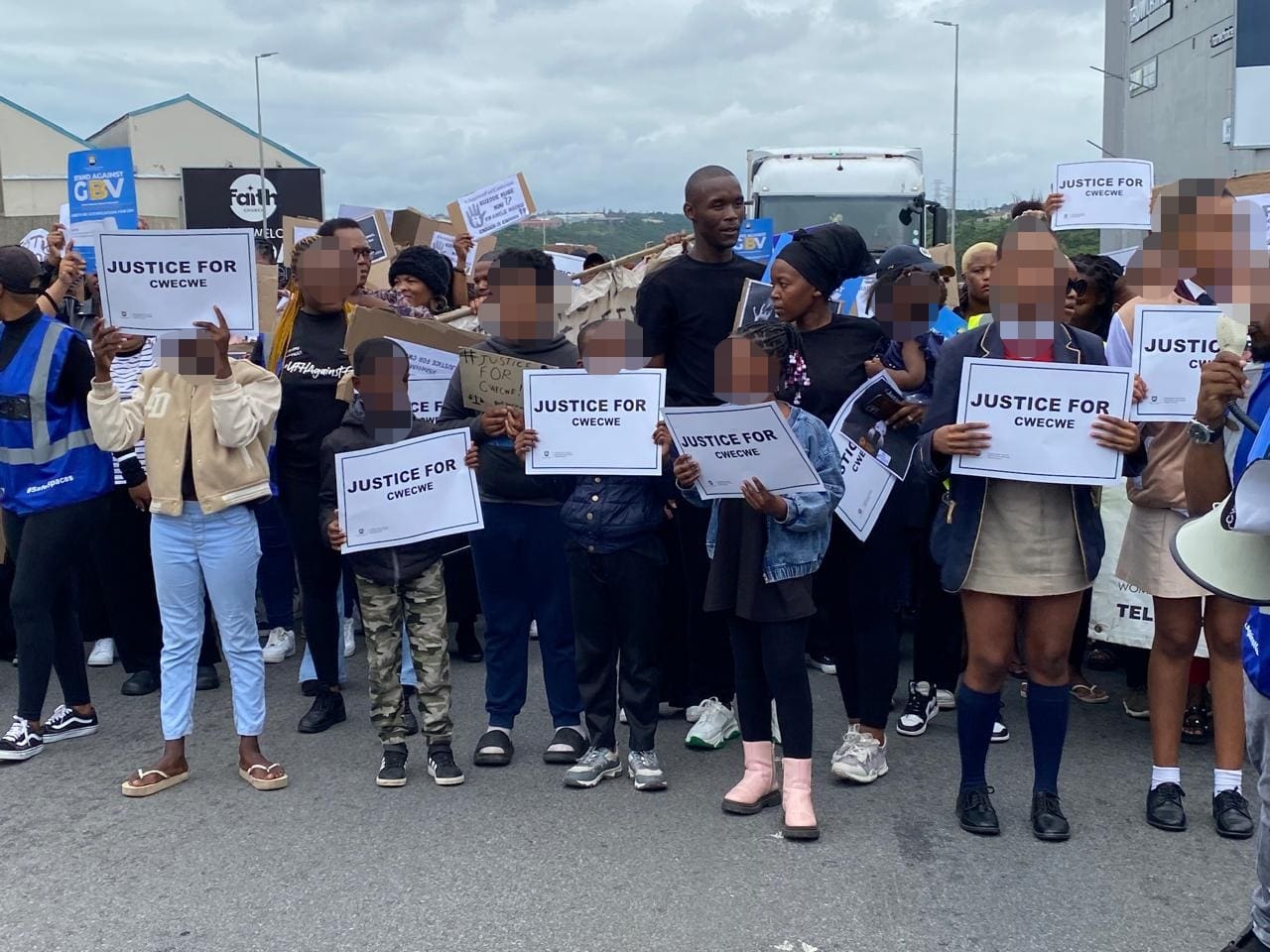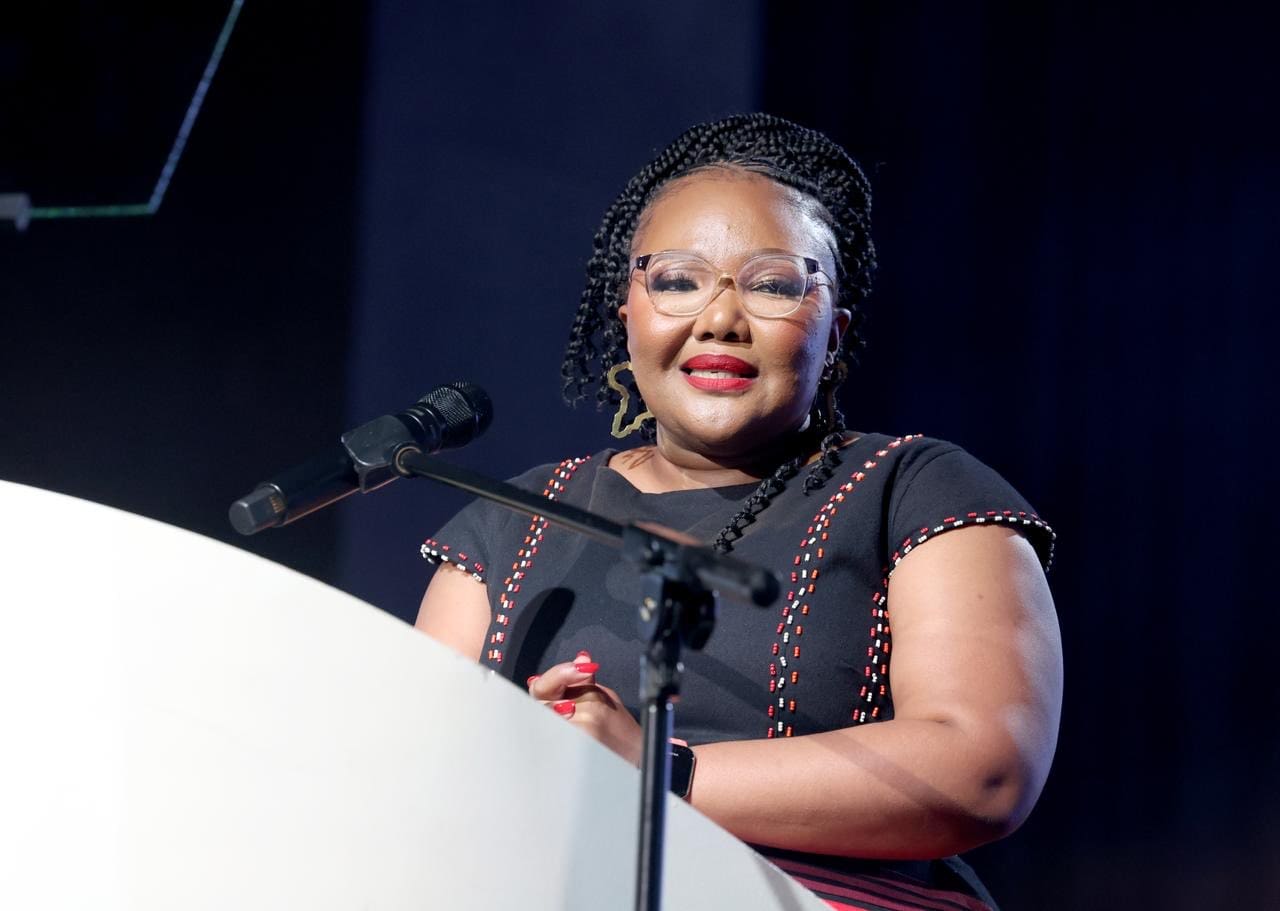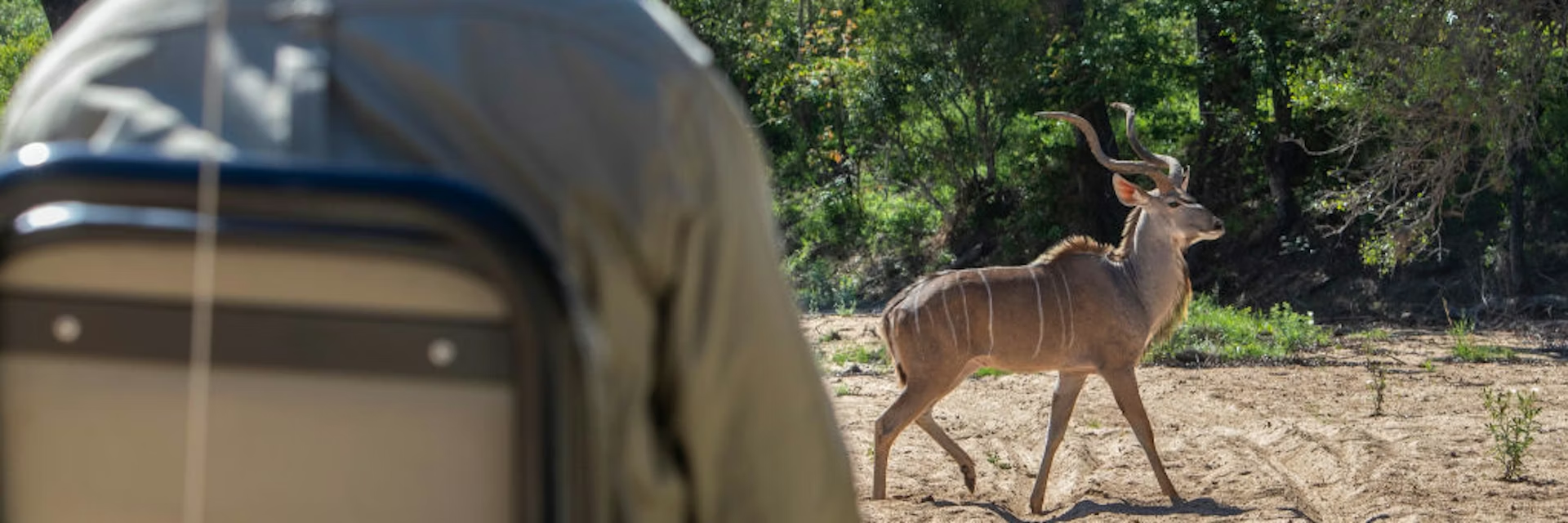Last week, the National Prosecuting Authority (NPA) announced that no one would face prosecution in the Matatiele rape case involving a seven-year-old girl known publicly as Cwecwe. The decision has sparked outrage across the country.
The alleged rape took place on the grounds of Bergview College in October 2024 and captured national attention earlier this year. In April 2025, public anger boiled over under the banner #JusticeForCwecwe, with protests erupting nationwide.
A key figure in the public’s scrutiny has been the school’s principal, Jaco Pieterse, accused by Cwecwe’s mother of refusing to provide a DNA sample to police. But Pieterse was never formally identified as a suspect, and as a result, no DNA was taken from him.
Here’s how it all unfolded and the questions that remain unanswered.
Why the NPA dropped the case
The NPA is responsible for deciding whether legal action can be taken against a person who has committed a crime. Based on evidence from police investigations, they determine if there’s enough evidence to take a matter to court. In this instance, the answer was no.
According to NPA spokesperson Advocate Mthunzi Mhaga, there is a lack of evidence for prosecution. “When you take a prosecutorial decision, you look at whether there is relevant and admissible evidence sufficient enough to place the matter on the roll and institute prosecution”, he explained, speaking to the SABC.
Despite expert examinations from doctors and forensic social workers, Mthunzi said, “no evidence could be found that pointed to rape or sexual assault.” He also clarified that no suspects were identified in the police docket, which meant there was no legal basis to proceed with charges.
The police have since resubmitted the docket to the Director of Public Prosecutions in the Eastern Cape for further consideration. However, the original decision not to prosecute still stands unless new evidence comes to light.
Notably, the NPA made this decision back in November 2024 but kept it from the public, citing concerns that it could interfere with ongoing police investigations. It was only after a renewed public outcry in April 2025 that the NPA shared its position.
We have reached out to the NPA for further comment and will update this story if a response is received.
Was DNA evidence pursued?
Much of the public’s frustration has centred on DNA, specifically whether the principal ever submitted a sample. According to Cwecwe’s mother, while the school’s transport driver and caretaker provided samples, Pieterse refused.
Speaking to explain, AfriForum Private Prosecution Unit spokesperson Barry Bateman confirmed that on 12 February 2025, police asked Pieterse for a DNA sample. Pieterse first asked if he was considered a suspect. The investigating officer said no. SAPS has confirmed that Pieterse was never a suspect.
“As confirmed by SAPS (the South African Police Service) and NPA, no foreign DNA was found on the child, therefore the request for DNA samples from any person related to this case was irregular,” Bateman said.
AfriForum, which has been advising Pieterse, told him to cooperate with the investigation but not to hand over his DNA sample “until an acceptable rationale is provided explaining why it is required for the investigation.”
Bateman explained that, legally, DNA can only be requested if the person is a suspect and if the sample is likely to help with the investigation. Since Pieterse wasn’t a suspect and the request came from the complainant, AfriForum believed this was not procedural.
“It is concerning that a complainant appears to be directing such a serious investigation, which should be led by a police detective’s expert discretion and expertise,” AfriForum pointed out in a letter sent to the police.
We have reached out to the SAPS for further comment and will update this story if a response is received.
The public’s outcry
Social justice organisations have criticised the NPA for deciding not to prosecute anyone in the case. They’re calling it a failure of justice and are now pushing for a full review of how the police handled the investigation.
Loyiso Lindani, an organiser of a justice march we covered held in East London, expressed disappointment in the dropping of the case: “We do need a stronger justice system that does not fail survivors. I organised the march because I felt a calling to do it not just for Cwecwe but for all women and children. I would do it again given another chance to do so.”
Speaking to Daily Maverick, Luke Lamprecht, the head of advocacy for Women and Men Against Child Abuse, described Cwecwe’s case as “very complicated”.
“They don’t have a disclosure of who actually hurt her… The second problem appears to be that there are some challenges around the medical evidence, and my understanding of the challenges was that they did not get sufficient or proper or analysable DNA,” he said.“Then when the cases are not prosecuted… you have a scenario where the child is saying… ‘So much for children’s rights in this country. Even when I am harmed, and even when I have parents who are trying to protect me, the country can’t protect me. The system can’t protect me.’ So, that gives you a gradual sense of mistrust of the entire world, basically.”
An ongoing crisis
Such mistrust isn’t new. South Africa has been undergoing a GBV crisis, and this case plays out against this grim national backdrop.
Crime statistics for the fourth quarter of the 2024/2025 financial year, released on May 23, 2025, by Police Minister Senzo Mchunu, reveal that rape increased, with Gauteng and KZN contributing 19.1% and 19.9%, respectively, to the national total. Decreases in rape statistics were recorded in Eastern Cape, Gauteng, Limpopo, North West, and the Western Cape.
A need for system reform
Cwecwe’s case shows, once again, how change needs to happen.
Jeanne Bodenstein, head of the Rape Survivors Justice Campaign at Rape Crisis Cape Town Trust, advocates for systemic justice reform for survivors of gender-based violence, including those affected by trafficking and exploitation. She spoke to explain about South Africa’s justice system: “One of the ways in which there are attempts to make the system more accessible and more fair… is through specialised courts like the sexual offences courts,” she says.
As Bodenstein points out, specialised sexual offences courts are one way the justice system is trying to become more responsive to survivors, but for many watching the Cwecwe case, justice remains painfully out of reach.
Lona is a recent graduate with an Honours degree in Journalism and Media Studies from Wits University. Passionate about storytelling, she is eager to learn, grow, and hone her writing skills.
- Lona Sokanyile




